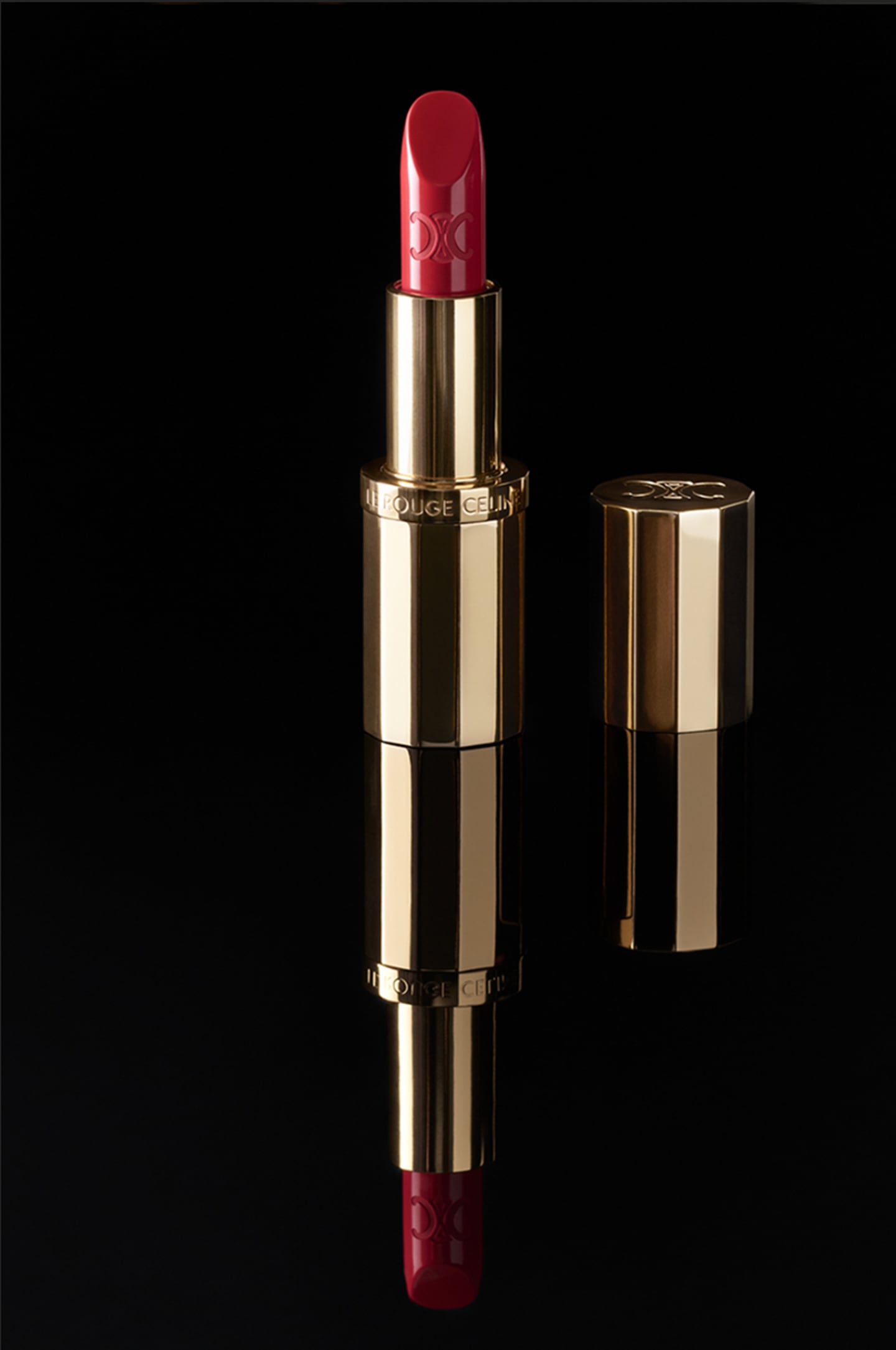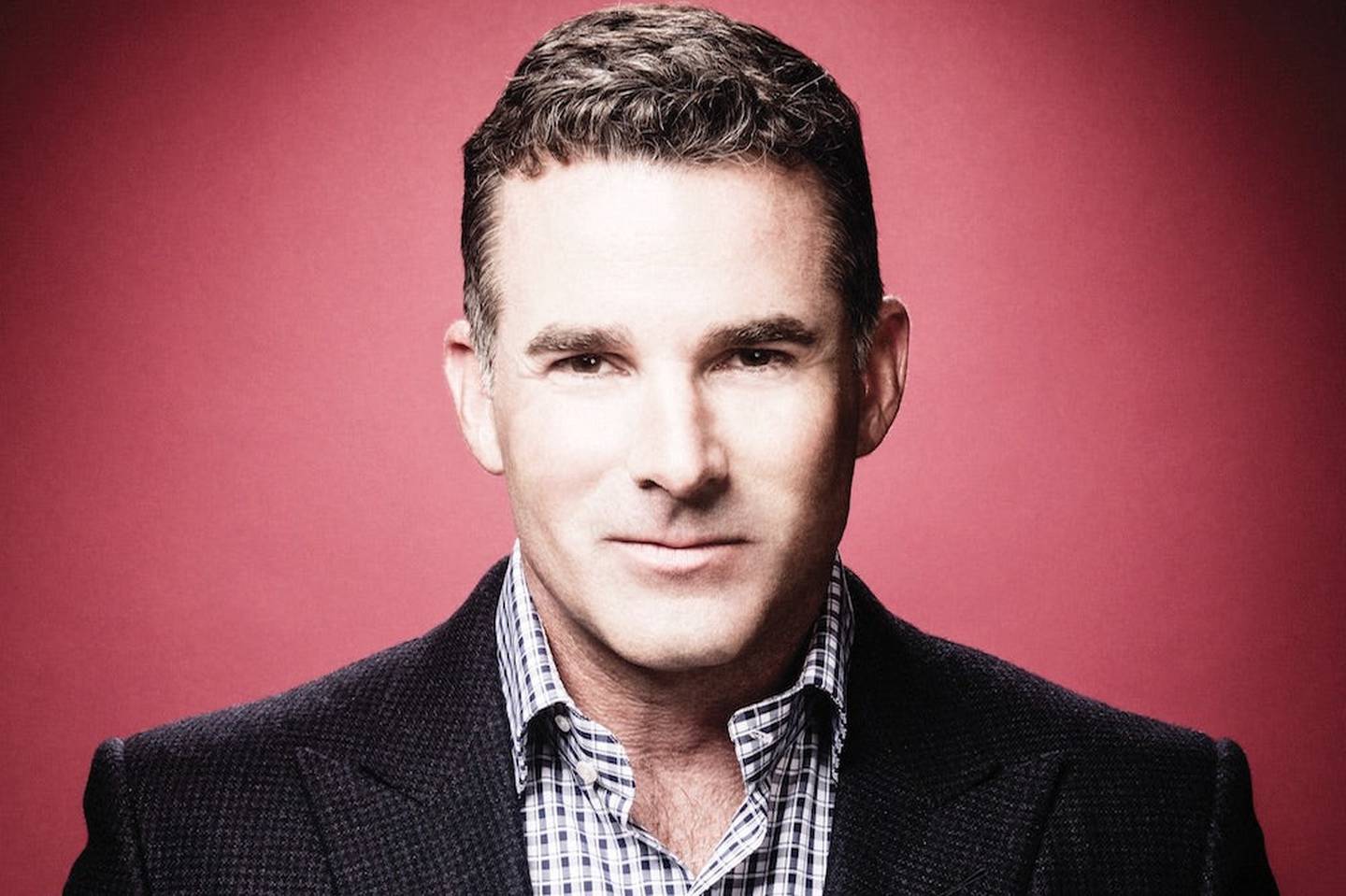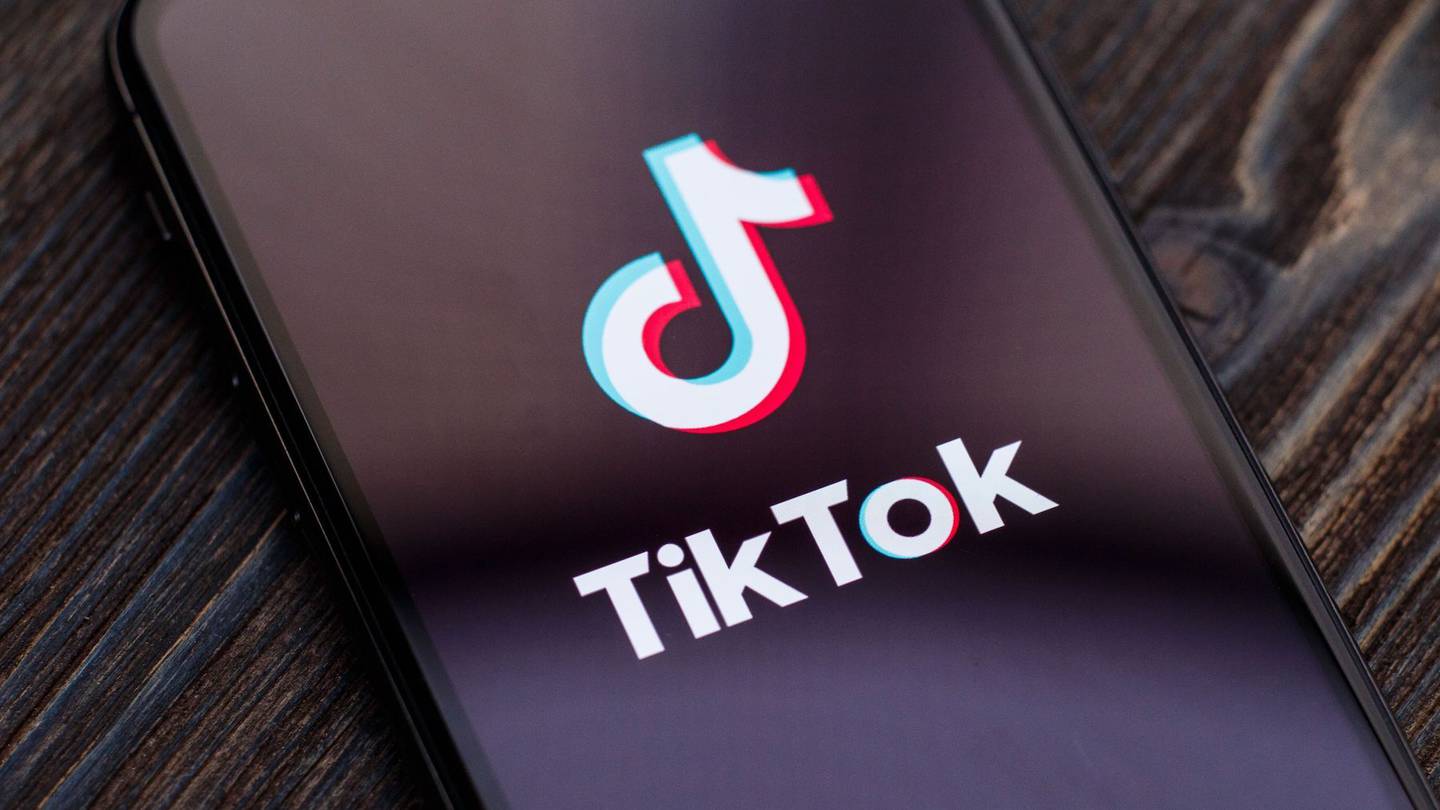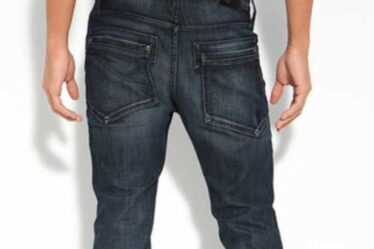
Not so long ago, Chinese e-commerce giant Shein burst onto the fast fashion scene, threatening to unseat the likes of Zara and H&M as leaders of the category. The meteoric rise of Temu too has disrupted the industry, wooing consumers with jaw-dropping low prices — such as a pair of $0 fur boots that made the rounds on fashion media this week — at a time when spending is tight.
There have been casualties. Digital retailers like Asos and Boohoo Group lost significant share, while H&M is in a protracted slump as it struggles to find the right positioning in the market.
But two fast-fashion players have been largely immune, if not emboldened, by the new competition.
This week, Zara-owner Inditex reported record sales of €35.9 billion ($39 billion) in 2023, up 10.4 percent year-on-year. Fellow Spanish retailer Mango, a fast fashion chain similar to Zara in price and trendy assortment, also hit an all-time high with sales of €3.1 billion, a 19 percent annual lift.
Both retailers have been able to stand their ground against Shein and Temu by doing the seemingly impossible: creating an elevated consumer experience around fast fashion. In practice, that means selling higher-quality clothes (relative to Shein, at least) at higher prices, and investing in physical retail, where Shein and Temu have minimal presence.
Zara in particular has undergone a concerted push upmarket. It sells $699 leather coats and $439 leather blazers, and shoppers can find cashmere sweaters and evening dresses among the usual assortment of cheap, trendy staples. In its marketing, Zara also follows in the footsteps of luxury brands, working with photographer Steven Meisel on campaign imagery, and stylist Karl Templer for its biannual premium capsules, dubbed Studio Collections. The result is a sophisticated customer interface that starkly contrasts with the chaotic, graphic-heavy online shops of Shein and Temu.
Collaborations with London-based ready-to-wear label Studio Nicholson, which yielded two collections of elevated men’s and womenswear basics, also signalled Zara’s status as a bona fide player in fashion rather than just a fast fashion retailer.
“We see [Inditex’] proposition of good quality, good value fashion resonating more strongly even in its better penetrated region,” Jefferies analyst James Grzinic wrote in a note published Wednesday. “This at a time of growing discount propositions with poorer quality garments, and a luxury end becoming less affordable to the masses.”
The far smaller Mango has taken this cue from Zara’s playbook, investing in its own creative collaborators to differentiate its products. Last summer, it released a womenswear collaboration with Los Angeles-based label Simon Miller, followed by a menswear collection designed by heritage Italian tailoring company Boglioli in the fall.
Mango’s double-digit growth is largely driven by retail expansion. While the retailer is well known in Europe, the US market has become a key growth region. Mango opened a flagship store on New York’s Fifth Avenue in 2022, where its neighbours include Armani and the celebrity hangout The Polo Bar. Around 20 of the 130 stores Mango opened last year were in the US — currently its fifth largest market — while the brand plans to add a further 30 locations in the country by 2026. It will open 500 more stores worldwide in the next two years, taking its store count to 2,700.
The expansion is expected to help the retailer generate annual sales of €4 billion and double its net profit by 2026 as a result of the expansion, CEO Toni Ruiz told investors this week.
Meanwhile, Inditex is also investing in US retail, with Zara flagships planned for Los Angeles and Las Vegas set to open later this year.
Both retailers have invested heavily in the look and feel of brick-and-mortar locations, which has helped differentiate them from rivals, online and off. Zara in fact announced it would close 1,200 locations in 2020, or about a quarter of its footprint, but sales continued to grow because remaining stores were renovated and as a result have become more productive. Eighty of Mango’s existing stores were refurbished last year, according to the brand’s financial report.
Zara is testing a new store layout that’s bigger and more immersive in brand visuals; last year, it opened a 30,000-square-foot store in Rotterdam — just smaller than the average supermarket. CEO Óscar García Maceiras said the retailer will double the size of its flagship stores in Paris and Miami in 2024.
For now, retail is an outsize advantage against the Chinese e-commerce behemoths, which have yet to explore physical stores beyond Shein’s partnership with Forever 21.
The sustained growth for Inditex and Mango, despite brutal conditions across the retail sector, is a case study for other mass retailers struggling to engage their customers and losing market share to the likes of Shein and Temu.
By investing in the quality of products, retail experience and of creative identity, these two Spanish fast fashion retailers demonstrate the power of differentiation in the face of competition.
THE NEWS IN BRIEF
FASHION, BUSINESS AND THE ECONOMY
Federer-backed On disappoints with sales forecast and results. The shares tumbled as much as 19 percent in early New York trading, the most since On’s initial public offering in September 2021. On expects sales to grow at least 30 percent this year to 2.25 billion Swiss francs ($2.56 billion) or more.
Mango’s US expansion helps sales top $3 billion in 2023. Sales jumped 19 percent last year through a focus on party wear and fashion pieces for upmarket shoppers who are less sensitive to higher prices. Mango’s net profit rose to €172.1 million, from €81 million in 2022.
Inditex gets spring season boost from upmarket fashion. Sales jumped 11 percent at constant currencies in the first half of its spring season. Shares rose as much as 4.4 percent to a record high in early Wednesday trade after it reported the figures for Feb. 1 to March 11.
Arkhouse says in talks with Macys for due diligence amid push for higher bid. Arkhouse and Brigade have provided a due diligence request list to Macy’s, which includes customary items that it will need to provide to confirm or potentially increase the offer, Arkhouse disclosed in the filing.
Brunello Cucinelli posts 39 percent jump in 2023 EBIT and confirms guidance. The brand posted 2023 earnings before interest and taxes of €187.4 million ($204.1 million). Sales rose 23.9 percent last year, preliminary data showed in January, defying a sector slowdown thanks to a focus on the industry’s high end.
French lawmakers approve bill to apply penalties on fast fashion. The bill calls for gradually increasing penalties of up to €10 per individual item of clothing by 2030. It also calls for a ban on advertising for ultra-fast fashion products.
Zalando jumps as online fashion retailer sees return to growth. The stock jumped as much as 18.5 percent after the company also said late Tuesday it would buy back up to €100 million ($109 million) of shares, starting from March 13. The company expects a gross merchandise value of between 0 and 5 percent this year, after a 1.1 percent decline to €14.6 billion in 2023.
Dick’s Sporting Goods rises as sales surpass expectations. Comparable-store sales rose 2.8 percent for the quarter ended Feb. 3, much higher than the 0.8 percent predicted by Wall Street. The retailer issued an outlook for this fiscal year that fell in line with estimates.
Kering and Essilorluxottica possible suitors for Italy’s Marcolin, according to sources. Marcolin’s owner, private equity firm PAI Partners, is seeking a valuation of about 1.3 billion euros ($1.4 billion) for the company.
Li Ning considers taking the company private, sources say. Li is considering leading a consortium to buy out Li Ning Co Ltd, which has a market capitalisation of HK$52.85 billion ($6.8 billion). He owns slightly more than 10 percent of the company.
Gucci unveils ‘Who is Sabato de Sarno?’ film. The short film offers a behind-the-scenes look at the new Gucci designer’s debut last September. De Sarno’s first show was a palette cleanser after the magpie maximalism of predecessor Alessandro Michele.
US retail sales rebound in February and weekly job claims fall. Retail sales rose 0.6 percent last month, the Commerce Department’s Census Bureau said. Consumer spending slowed as households grappled with inflation and higher borrowing costs.
EU probes AliExpress over possibly illegal online products. AliExpress could face a hefty fine after the European Commission on Thursday opened an investigation into dissemination of potentially illegal and pornographic materials. AliExpress said it respected all applicable rules and regulations in the markets where it operates.
Dior to show Cruise in Scotland. The gardens of Drummond Castle in Perthshire, Scotland will be host to Dior’s Cruise 2025 show. Maria Grazia Chiuri is expected to spotlight local traditions and collaborate with local artists and craftspeople.
THE BUSINESS OF BEAUTY

Hedi Slimane launches Celine beauty line. The designer is making a foray into cosmetics at the LVMH-owned megabrand-in-making. Celine’s Rouge Triomphe lipstick will debut in the autumn, with a full range of 15 satin-finished colours slated for January 2025.
The Body Shop files for bankruptcy in the US and Canada. The company filed for Chapter 7 insolvency putting about 400 jobs at risk including those in a distribution centre that still holds millions of dollars-worth of stock. In Canada, 33 of the 105 shops have closed, with the loss of more than 200 jobs.
Ulta Beauty’s annual profit forecast misses estimates as costs climb. The company’s shares fell 4.5 percent in extended trading.The beauty retailer reported a profit of $8.08 per share for the fourth quarter ended Feb. 3, compared with expectations of $7.53.
CVC’s beauty chain Douglas sets terms for a $991 million IPO. The shares are being marketed at €26 to €30 each. The offering seeks to raise about €850 million for the company through the sale of new stock.
Eli Lilly partners with Amazon to deliver Zepbound and other drugs. The drugmaker said prescriptions sent to LillyDirect Pharmacy Solutions would now be delivered by either Amazon Pharmacy or Truepill, depending on the patient’s insurance coverage and other factors.
PEOPLE

Under Armour’s founder to return as CEO. Kevin Plank will return to the company as CEO, effective April 1, succeeding Stephanie Linnartz. Linnartz will step down as president, CEO and member of the board.
Allbirds names new CEO as sales slide continues. Co-founder Joey Zwillinger is stepping down and will be succeeded by COO Joe Vernachio on March 15. Allbirds announced the news as it reported that sales fell 14.7 percent in 2023 to $254.1 million, a decline attributed to lower selling prices driven by heavy discounting.
Modes hires Simon Whitehouse as CEO. Whitehouse previously led communications firm Reference Studios and JW Anderson. He will take the reins from Aldo Carpinteri, who founded the retailer, then called Stefania Mode, in Trapani, Sicily in 1971.
Naomi Campbell gets V&A exhibition. The exhibition will open in June and is sponsored by Boss. Dresses made for Campbell by Azzedine Alaïa and Valentino will be on display.
Bernard Arnault receives highest French honour. Founder of luxury conglomerate LVMH received the Grand-Croix de la Legion d’Honneur at the Elysee Palace. It’s the highest rank in a system of government recognition that dates back to Napoleon.
Harper’s Bazaar names new executive digital director. Lynette Nylander the publication from Dazed, where she most recently served as executive editorial director. In her new role, she will oversee content and strategy for the magazine’s website, including social media and report directly to editor-in-chief Samira Nasr.
Meghan Markle launches new brand American Riviera Orchard in return to Instagram. The brand’s trademark filing application includes cookbooks, tableware, linens, a range of spreads and preserves including jellies, jams and nut butters, alongside table place card holders.
MEDIA AND TECHNOLOGY

US House passes bill to force ByteDance to divest TikTok or face ban. The bill passed 352-65, with bipartisan support, but it faces a more uncertain path in the Senate. It is unclear whether China would approve any sale or if TikTok’s US assets could be divested in six months.
Chioma Nnadi unveils first cover for British Vogue. The cover stars British actress and singer FKA Twigs. It was styled by Ib Kamara and shot by Johnny Dufort in British landmarks and locations.
Compiled by Yola Mzizi.



